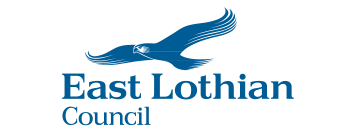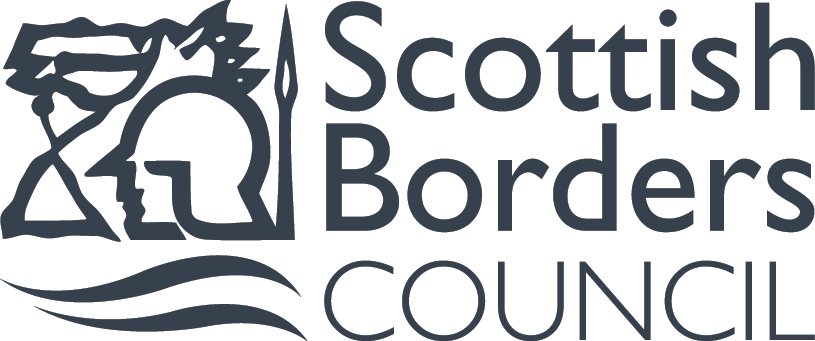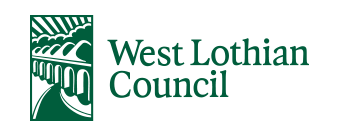City Region Deal Project Provides Vital Support to Fife Families Throughout Pandemic
/The Edinburgh and South East Scotland City Region Deal’s Intensive Family Support Service is helping families in areas affected by low employment levels and higher poverty rates cope with the Covid-19 crisis. The pandemic has created new challenges and worsened existing issues such as food insecurity, poor mental health and low income. These barriers create further disadvantage for children and young people. This means support is needed now, more than ever.
In Fife, ‘Making it Work’ for Families is being delivered to support vulnerable families with S1/S2 pupils living at home. Fife Gingerbread and partners provide holistic family support to lone parent and low-income families. Developed ahead of the Covid-19 pandemic, the project has been adapted so that it’s delivered safely and effectively.
Laura Millar, Fife Gingerbread, said: “Problems beyond the classroom affect the ability of children and young people to be in school and ready to learn. Working with families is the most effective way to make real, positive change. The programme has been re-introduced at a challenging time for lone parents and families in need. It is a privilege to get to know families and provide support that we hope can be a catalyst for change. There is an opportunity to work across the City Region and continuously improve our approach to deliver the best possible support.”
One in five children live in poverty across Fife, but this rises to almost one in three in some places1. ‘Making it Work for Families’ is focused where child poverty issues are most widespread, starting with families connected to Levenmouth Academy and Viewforth High School.
Fife Gingerbread, Citizens Advice & Rights Fife, Clued Up and Fife’s Intensive Rehabilitation & Substance Misuse team are working together to provide support to meet the needs of families, including:
Emotional support for parents/carers through 1-1 support
Support for young people focused on wellbeing and personal development
Financial inclusion activities, income maximisation, housing support and budgeting
Crisis interventions to ensure families are safe, warm and fed
Training such as confidence building, cooking and career development
Connecting families to job opportunities across the City Region.
Fife Council Co-Leader David Ross said: “The Intensive Family Support Service within the City Region Deal is a great opportunity to bring together a wealth of expertise and approaches across Edinburgh and South East Scotland to improve the lives and opportunities for our region’s families.”
Fife Council Co-Leader David Alexander added: “The Intensive Family Support Service’s ‘Making it Work for families’ programme has adapted to provide vital support to vulnerable families during lockdown and help end disadvantage. By reaching out to families most in need of support and helping pupils attend school Fife’s children and young people can make the most of their education.”
Over recent weeks and months most support has been delivered online, with families supported to overcome digital exclusion barriers.
Bridging the gap between school and home life
One Fife family was referred by a high school during the first lockdown in 2020. The young person in the household was having difficulties engaging with and attending school, and had not been participating during school closures.
During an initial home visit the 39-year old lone parent revealed health conditions that were impacting on the family. Family relationships were often strained, and this was something the parent wanted to improve on. After that, weekly contact via phone or video calls provided essential emotional support. This support was tailored to the individual, with a combination of texting, messaging and video calls.
The family was struggling on a limited budget - so providing a financial review and practical advice supported the family and relieved a great deal of financial strain.
As well as practical support – making sure the young person, aged 14, had a device to engage with online learning during lockdown – a focus was on reducing feelings of isolation during lockdown. A dedicated youth worker supported them with their mental health, confidence, self-esteem, emotions and helping them achieve their aspirations through a trusting and non-judgmental environment.
Due to COVID-19 restrictions, the young person and their worker met on a weekly basis to go for a walk. Changes were put in place to encourage positive thinking and school attainment. This has included video chat to support the young person with home learning challenges whilst not in school.
During this second lockdown the family continues to receive support through mental health services and financial and budgeting advice to achieve greater financial stability. The young person continues to get help in building their confidence and aspirations and is now engaging well with school and is much more positive about their future.
Contact Information
Jenny Murray
Communications
Fife Council
03451 55 55 55 ext. 44 26 06










